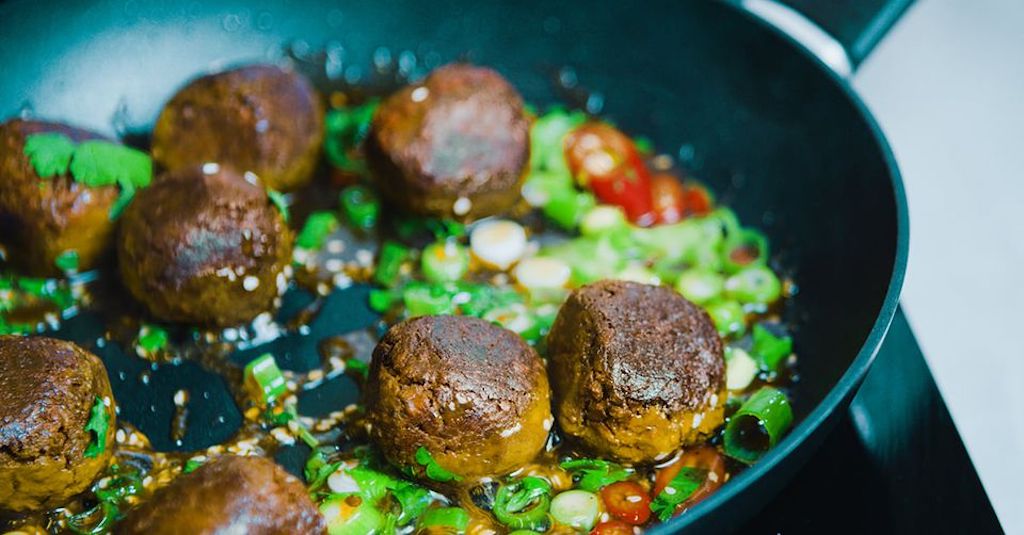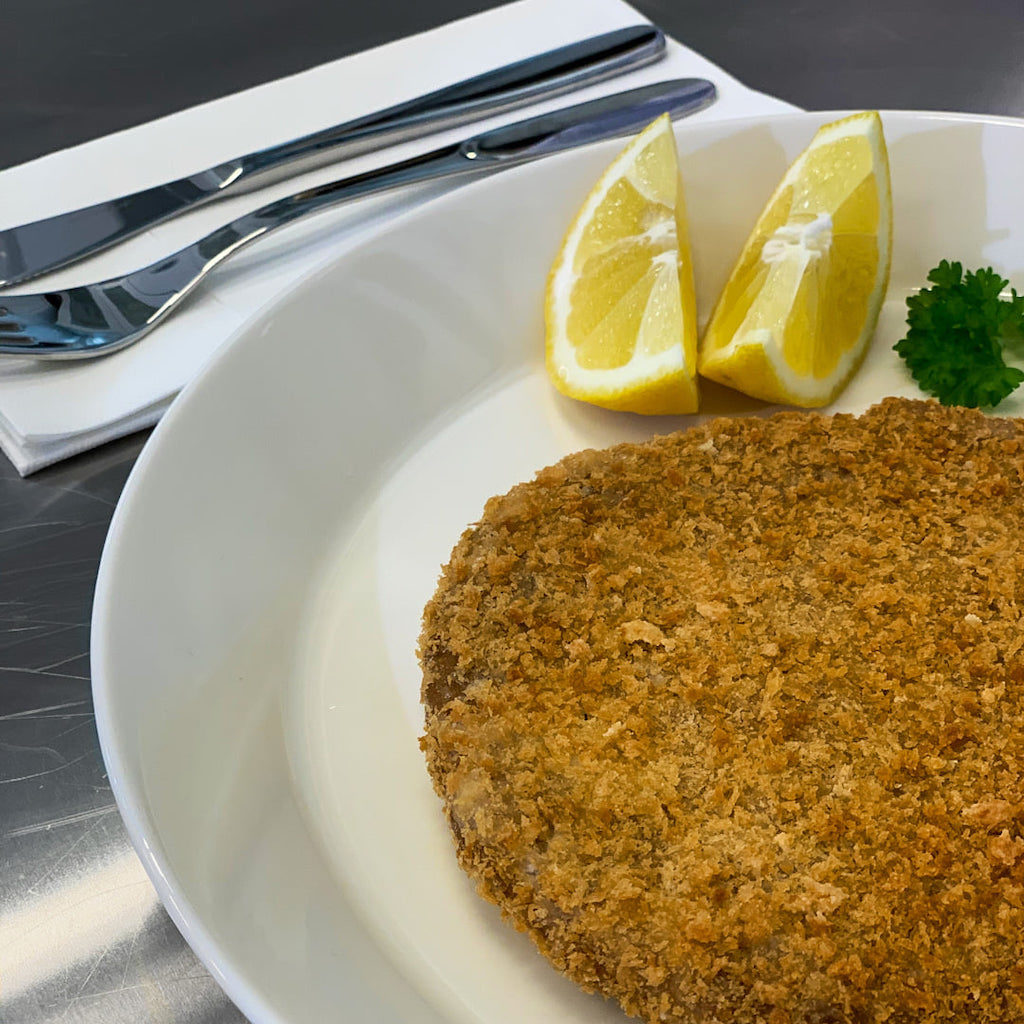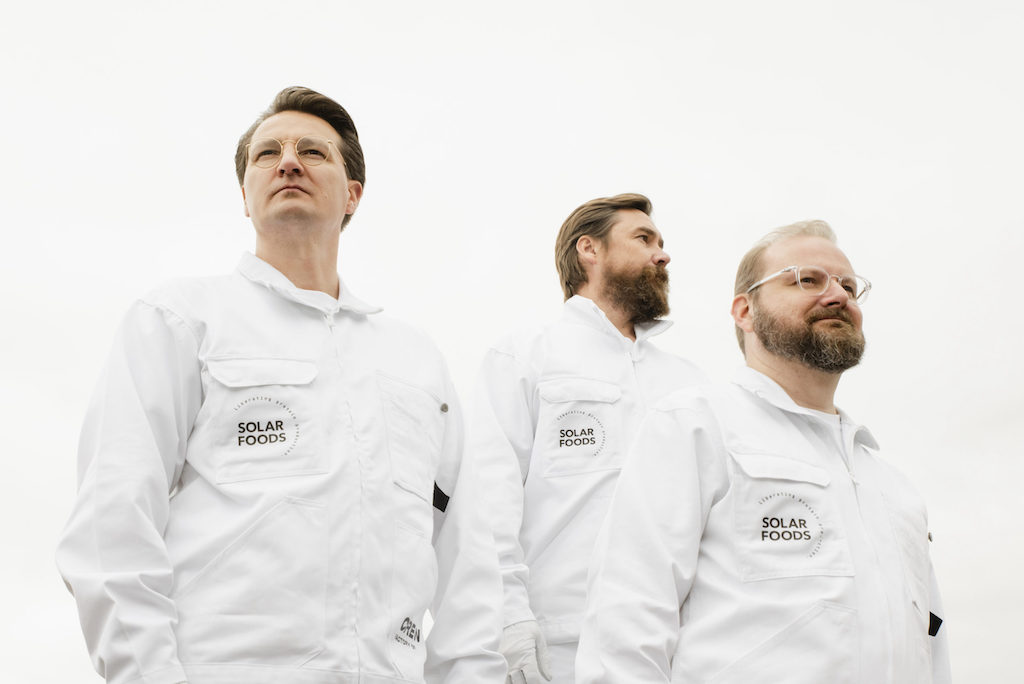3 Mins Read
Finnish food tech Solar Foods has scooped a €10 million investment from the Pharmacy Pension Fund of Finland to create, amongst other things, a commercial production line for the company’s proprietary “thin air” Solein protein. Solar Foods’ Factory 01 will play host to the new manufacturing side of operations, when fully operational in 2023.
Solar Foods creates single-cell protein, called Solein. Microbes are cultured using electricity and captured carbon dioxide. The process has been likened to natural fermentation with the end result being a clean-label and totally sustainable protein. The new funding will allow Factory 01 to be completed, with manufacturing technology in place, for scaled commercial release of Solein. This is slated for early 2023.

A one-stop protein hub
Factory 01 is more than just a protein manufacturing facility; it is a hub for Solar Foods’ entire operation. The company will move its headquarters to the location, along with an experience centre. This will offer professionals and the public an understanding of what protein made from air entails.
“The investment in the property effectively releases a corresponding amount of equity for us to develop our core technology, so it’s a direct injection in our runway,” Pasi Vainikka, co-founder and CEO of Solar Foods said in a statement. “I’m proud that we are able to demonstrate a unique set-up supporting the progress of a deep-tech start-up while creating a sustainable investment case. The Pharmacy Pension Fund has the longest heritage of all pension funds in Finland, which makes us all the more excited to be working together towards 2030 and our long-term plans for the future of food.”
News of the Factory 01 build was first released in November 2021. Vantaa was selected for the site that would allow for a multidisciplinary company base.
The new protein
Though it feels as though a new ingredient becomes the darling of the plant-based protein world on a regular basis, Solein is different. Widely considered to be the most sustainable protein ever, it requires no land or agricultural support to be produced. Because of this, Solar Foods hopes that it will contribute to reducing reliance on farmed livestock. The Finnish Climate Fund shares the sentiment, investing €10 million in April last year.
To date, Solar Foods has produced approximately 20 products using Solein. Vegan burger patties and plant-based meatballs are among the successes.

The demand for sustainable alternatives
A need for sustainable protein development is opening the door to increasingly innovative solutions. Alongside Solar Foods’ air-derived offering are a host of equally unusual sources being investigated.
Last May, Arbiom announced it is looking to produce edible protein from wood. The US-France-based company is seeking to use fermentation to make its SylPro development, which will eventually be offered to food and feed industry partners.
Everything is managed without GMOs or chemical processes. In line with fermentation results, the finished protein is yeast-based and is reported to have an umami taste profile. A seven-day trial produced 2.5 tonnes of protein, without contamination or quality concerns, in March last year. The move was designed to demonstrate feasibility. Regulatory approval was confirmed as the next phase for the development. This is thought to be ongoing.
California-based Trophic is looking to seaweed as a potential source of the most sustainable protein. The magic ingredient has been selected for its portfolio of benefits, including excellent nutrition, responsible sourcing and taste amplification. Infrastructure is currently being put in place to investigate this potential replacement for conventional plant proteins.
Lead photo by Solar Foods.




